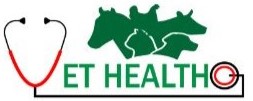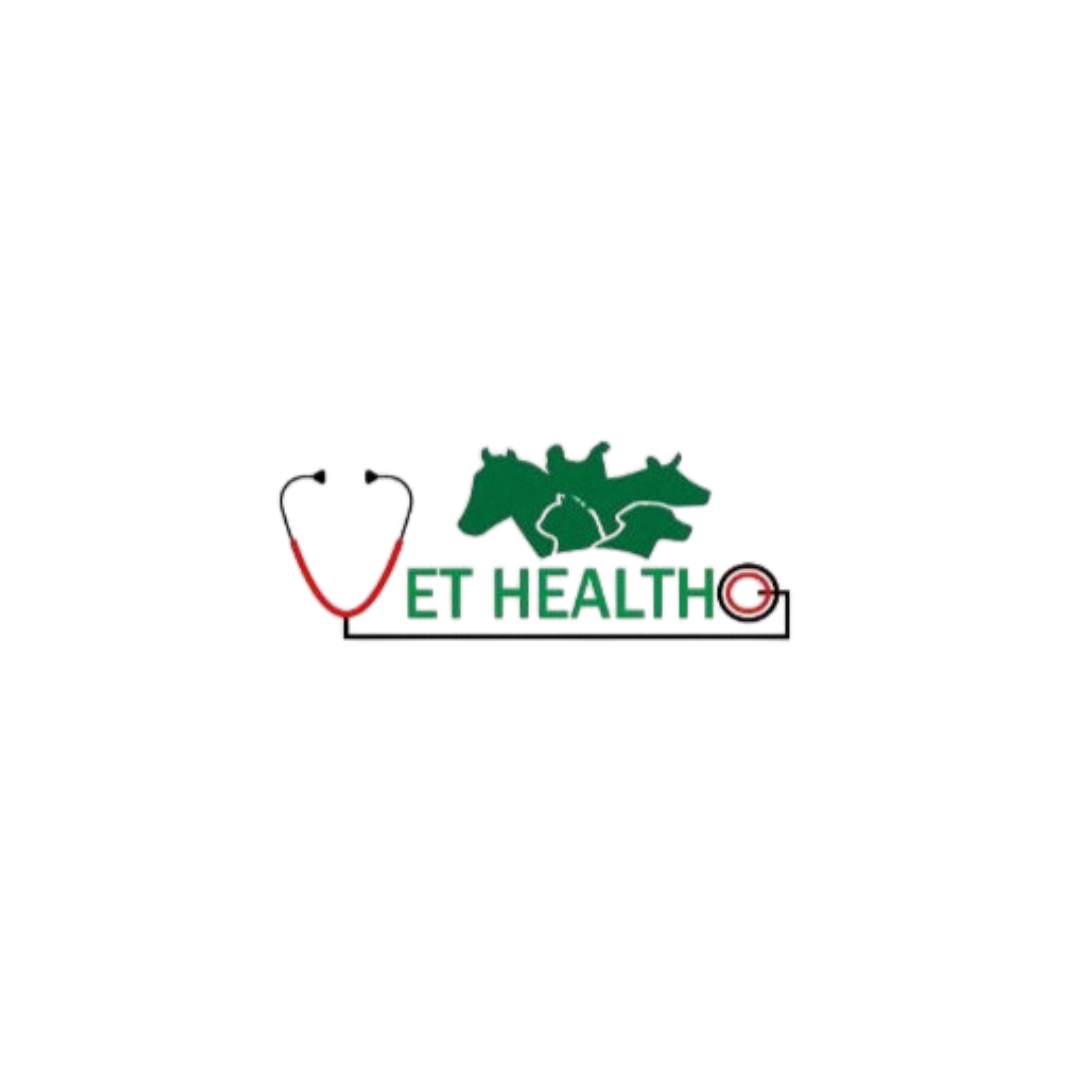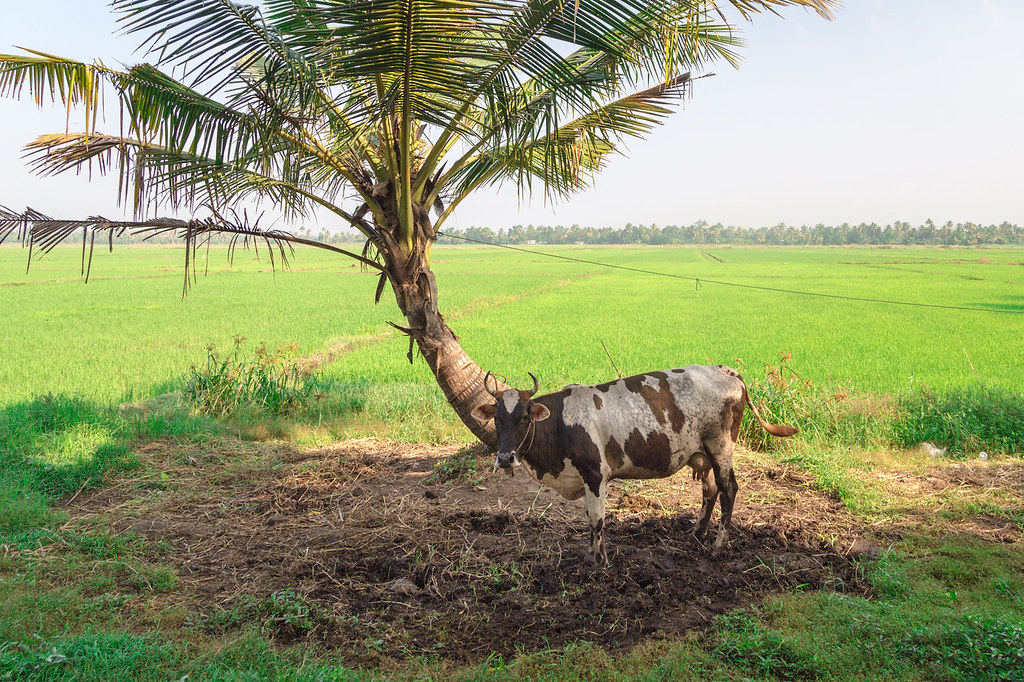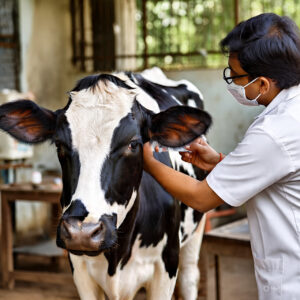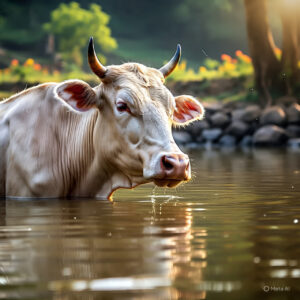Heat stress in cows is a major concern for dairy farmers, especially during peak summer months. When temperatures exceed 30°C, cows face difficulty in maintaining their body temperature, leading to reduced milk production and health complications.
One of the most common symptoms of heat stress in cows includes rapid breathing, less feed intake, drooling, standing continuously, and fatigue. In extreme cases, it can even cause death due to heatstroke. Recognizing these signs early can save lives and productivity.
To counteract this, farmers should install proper shade in grazing areas and barns, ensure a constant supply of clean, cool water, and use fans or misting systems. Feeding cows during cooler hours—early morning and late evening—can also reduce stress.
Supplementing with electrolytes, avoiding strenuous tasks, and managing herd density are other effective methods to reduce the impact of heat stress in cows. Nutritional support with energy-rich diets helps maintain body condition during stressful periods.
It is also important to schedule vaccinations or transport activities during cooler times of the day. Monitoring cows daily and using cow comfort techniques like sprinklers, cooling pads, and shaded rest areas can make a significant difference.
Heat stress in cows not only affects animal welfare but also impacts farm economics. By following preventive measures, farmers can maintain the health and productivity of their dairy herds even in the harshest weather.utrition plans are key to tackling heat stress in cows effectively. Ensuring the health and comfort of cattle not only protects the animals but also sustains farm productivity.In addition to cooling systems and hydration, proper nutrition plays a crucial role in managing heat stress in cows. Providing a balanced diet rich in minerals and vitamins can support the immune system and reduce metabolic strain during hot weather. Avoid high-fiber feeds during peak heat hours, as they generate more internal heat during digestion. Instead, opt for high-energy, low-heat producing rations. Regular veterinary check-ups during summer ensure early detection of stress symptoms and better long-term productivity.
